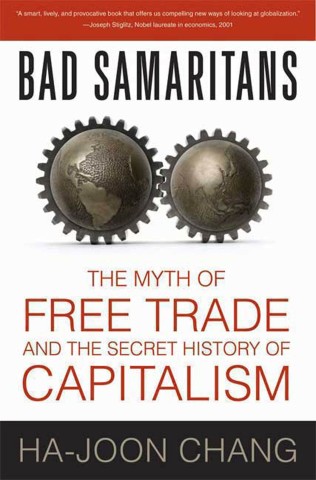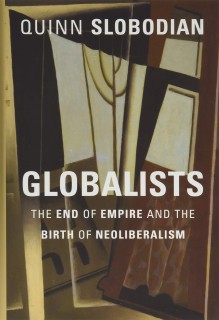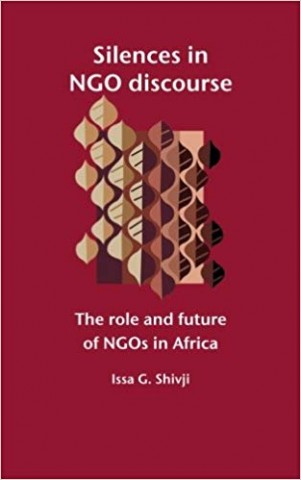Ha-Joon Chang has written many excellent books, on this blog I have covered Kicking Away the Ladder and 23 Things They Don't Tell You About Capitalism. With the encouragement of Oxfam's Duncan Green, in 2007 Chang published "Bad Samaritans: The Myth of Free Trade and the Secret History of Capitalism". The book aims for a general audience, and in many ways puts the arguments in the above two books in a more accessible way, often conveyed via story. For the details, see his other books. Many of the examples are getting dated, but still a useful read. Some notes:
"This neo-liberal establishment would have us believe that, during its miracle years between the 1960s and the 1980s, Korea pursued a neo-liberal economic development strategy. The reality, however, was very different indeed. What Korea actually did during these decades was to nurture certain new industries, selected by the government in consultation with the private sector, through tariff protection, subsidies and other forms of government support (e.g., overseas marketing information services provided by the state export agency) until they 'grew up' enough to withstand international competition. The government owned all the banks, so it could direct the life blood of business—credit. Some big projects were undertaken directly by state-owned enterprises—the steel maker, POS CO, being the best example—although the country had a pragmatic, rather than ideological, attitude to the issue of state ownership. If private enterprises worked well, that was fine; if they did not invest in important areas, the government had no qualms about setting up state-owned enterprises (SOEs); and if some private enterprises were mismanaged, the government often took them over, restructured them, and usually (but not always) sold them off again." (p. 14)
"Unfortunately, another lesson of history is that rich countries have 'kicked away the ladder' by forcing free-market, free-trade policies on poor countries. Already established countries do not want more competitors emerging through the nationalistic policies they themselves successfully used in the past. Even the newest member of the club of rich countries, my native Korea, has not been an exception to this pattern. Despite once having been one of the most protectionist countries in the world, it now advocates steep cuts in industrial tariffs, if not total free trade, in the WTO." (p. 61)
"Markets have a strong tendency to reinforce the status quo. The free market dictates that countries stick to what they are already good at. Stated bluntly, this means that poor countries are supposed to continue with their current engagement in low-productivity activities. But their engagement in those activities is exactly what makes them poor. If they want to leave poverty behind, they have to defy the market and do the more difficult things that bring them higher incomes—there are no two ways about it." (p. 210)
"Knowing what policies are right for your particular circumstances is not enough. A country must be able to implement them. Over the past quarter of a century, the Bad Samaritans have made it increasingly difficult for developing countries to pursue the 'right' policies for their development. They have used the Unholy Trinity of the IMF, the World Bank and the WTO, the regional multilateral financial institutions, their aid budgets and bilateral and regional free-trade or investment agreements in order to block them from doing so. They argue that nationalist policies (like trade protection and discrimination against foreign investors) should be banned, or severely curtailed, not only because they are supposed to be bad for the practising countries themselves but also because they lead to 'unfair' competition. In arguing this, the Bad Samaritans constantly invoke the notion of the 'level playing field.' The Bad Samaritans demand that developing countries should not be allowed to use extra policy tools for protection, subsidies and regulations, as these constitute unfair competition." (p. 217-218).



